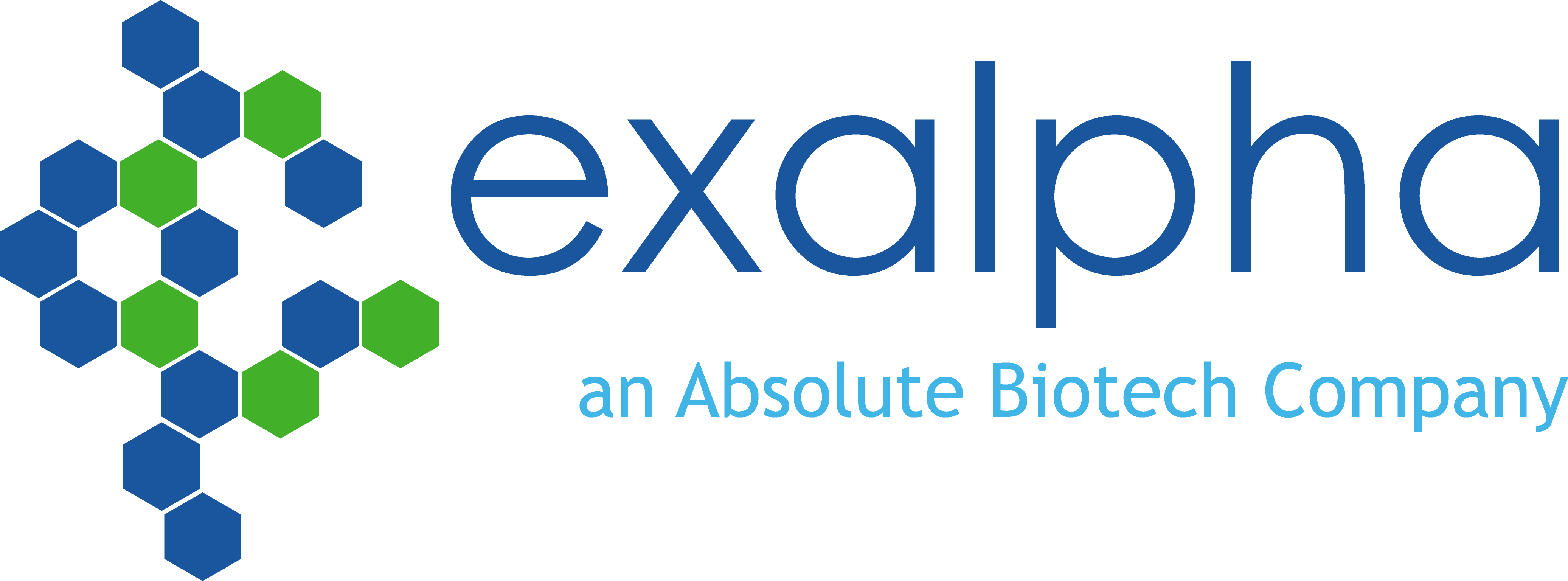Catalogue

Rat anti Human IL-10
Catalog number: X1305M$163.00
Add To Cart| Clone | R.625 |
| Isotype | IgG1 kappa |
| Product Type |
Monoclonal Antibody |
| Units | 100 µg |
| Host | Rat |
| Species Reactivity |
Human |
| Application |
Flow Cytometry Immunofluorescense |
Background
IL-10 inhibits the synthesis of a number of cytokines, including IFN-gamma, IL-2, IL-3, TNF and GM-CSF produced by activated macrophages and by helper T-cells. It defects in IL10 are a cause of susceptibility to Crohn disease (CD) [MIM:266600]. CD is a form of remitting inflammatory bowel disease (IBD). CD may involve any part of the gastrointestinal tract, but most frequently the terminal ileum and colon. Bowel inflammation is transmural and discontinuous. Crohn disease is commonly classified as autoimmune disease.
Synonyms: rat anti human Interleukin-10, IL-10, unconjugated
Product
X1305M is supplied in PBS, 0.08% sodium azide and 0.2% protein carrier.
Purification Method: Protein A/G Chromatography
Concentration: See vial for concentration
Applications
Optimal concentration should be evaluated by serial dilutions.
PBMC: Add10 microliter of MAB/106 PBMC in 100 microliter PBS. Mix gently and incubate for 15 minutes at 2 to 8C. Wash twice with PBS and apply secondary fluorochrome conjugated anti mouse IgG antibody. Analyze directly or fix with 0.5% v/v of paraformaldehyde in PBS and analyze.
WHOLE BLOOD: Add10 microliter of MAB/100 microliter of whole blood. Mix gently and incubate for 15 minutes at room temperature 20C. Lyse the whole blood. Wash once with PBS and apply secondary fluorochrome conjugated anti mouse IgG antibody. Analyze or fix with 0.5% v/v of paraformaldehyde in PBS and analyze. See instrument manufacturer’s instructions for Lysed Whole Blood and Immunofluorescence analysis with a flow cytometer or microscope.
Storage
X1305M is supplied in PBS, 0.08% sodium azide and 0.2% protein carrier and should be stored at 4-8C and is stable for the period shown on the vial label when stored properly.
Shipping Conditions: Room Temperature
Caution
This product is intended FOR RESEARCH USE ONLY, and FOR TESTS IN VITRO, not for use in diagnostic or therapeutic procedures involving humans or animals. It may contain hazardous ingredients. Please refer to the Safety Data Sheets (SDS) for additional information and proper handling procedures. Dispose product remainders according to local regulations.This datasheet is as accurate as reasonably achievable, but our company accepts no liability for any inaccuracies or omissions in this information.
Protein Reference(s)
Database Name: UniProt
Accession Number: P22301
